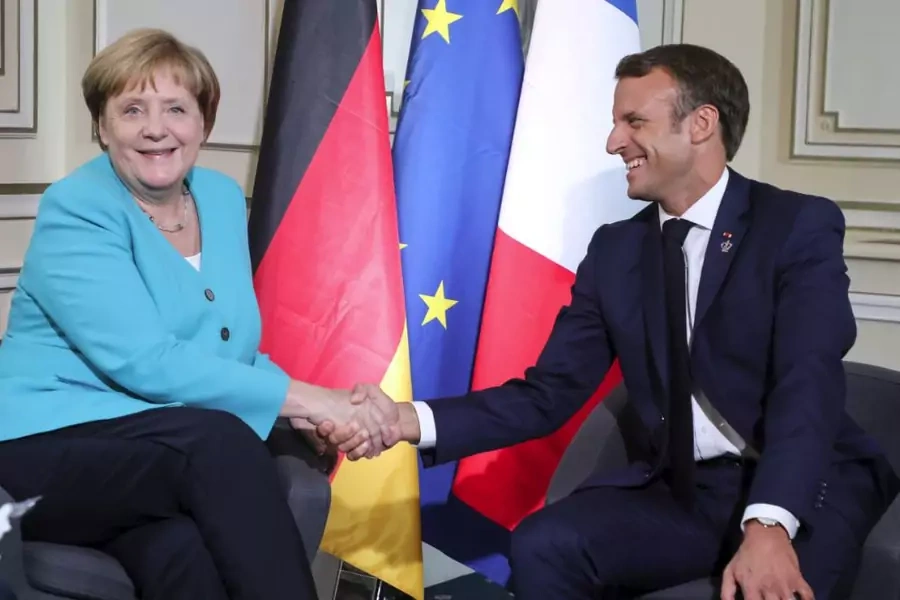Can an "Alliance for Multilateralism" Succeed in a New Era of Nationalism?

In my weekly column for World Politics Review, I examine a new initiative to bolster multilateralism and the liberal order amid faltering U.S. leadership.
Since 1945, America’s democratic allies around the world have relied on the United States to champion and defend an open, rules-based international system, grounded in liberal values and multilateralism. Since January 2017, U.S. President Donald Trump has repudiated this role and turned the United States into a revisionist power, mimicking China and Russia in efforts to reconfigure important aspects of the global order. In a desperate attempt to hold the line, France and Germany will officially launch an “Alliance for Multilateralism” at the opening of the 74th United Nations General Assembly later this month.
More on:
Read the full World Politics Review article here.
More on:
 Online Store
Online Store